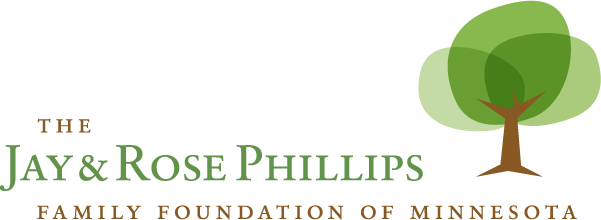
By Max Geitz
One of the biggest perks C3 Twin Cities offers to its cohort members is a minimum $400 professional development fund. Each site grants its VISTA this fund towards things like conference registration, technical training, and graduate school preparation in order to help them achieve their professional goals. Though some VISTAs choose to use this fund late in their term of service (my predecessor used his on his last day to purchase a laptop), I decided I wanted to use my stipend early so that my site and I could both reap benefits from it throughout my VISTA year.
When I learned of this fund, I knew immediately I would put some portion of my $400 towards taking a class. This was important to me for a couple reasons – I like to learn, of course, but I also wanted to rediscover my competence in formal classroom education. Without going into too much detail, my final year of undergraduate was incredibly difficult. Though I made it to graduation thanks to an amazing community of friends, my personal struggles eclipsed my academic goals. I felt as though I had not only lost my ability to ace a course, but also important associated skills like time management, goal-setting, and discipline. Now that it has been a couple months since graduation, I am ready to forgive myself and dedicate myself to starting over.
Of course, the fund itself exists to benefit more than just my ego. I wanted to take a class that would be applicable to my future social justice-oriented work in the Twin Cities (since moving here from Ohio, I see myself staying for a long time). VISTA Campus (a one stop shop for everything VISTA) offers free online courses on topics like grant writing and volunteer mobilization, so those areas were out of the question. Additionally, I already felt comfortable enough in my ability to teach myself certain skills such as public speaking and Excel, so those were dismissed from my list as well.
When searching for classes, I considered many sources – online certificates from massive open online courses (MOOC), writing workshops at community organizations – but eventually decided on a community education course through the Minnesota State comprehensive system of community colleges. As one wanting to work with local communities, it was important to me that I leave my private liberal arts “bubble” and learn directly from and with members of the area around me. The day I made that decision, I received a brochure of St. Paul College community education courses right on my doorstep.
From there, my choice was easy. Last month, I registered to take the Somali Language I and II course sequence at St. Paul College. Not only can I fulfill my love of language learning, but Somali itself is a uniquely Minnesotan discipline. Minnesota’s Somali community is the largest in the United States; the Cedar-Riverside area is also referred to as “Little Mogadishu.” As many Somali-Americans are first generation immigrants, they have many leaders in and a large stake in struggles towards socio-economic justice. This specific class sequence was advertised as one that focused importantly on Somali language as a holistic, intercultural approach. My teacher is a local leader, having graduated from Metropolitan State, pursued graduate work in public policy, and served both the Ramsey County Department of Human Services and various nonprofit organizations benefiting the Somali community. My peers in the classroom will most likely come from local organizations looking to increase intercultural competency.
My classes started September 21 and to see where I am at the end of the course! At the very least I will have stepped outside of my comfort zone and tackled the world of academia again. I’m very happy that I chose to use a portion of my professional development fund on Somali Language Classes and am grateful to have this opportunity.
